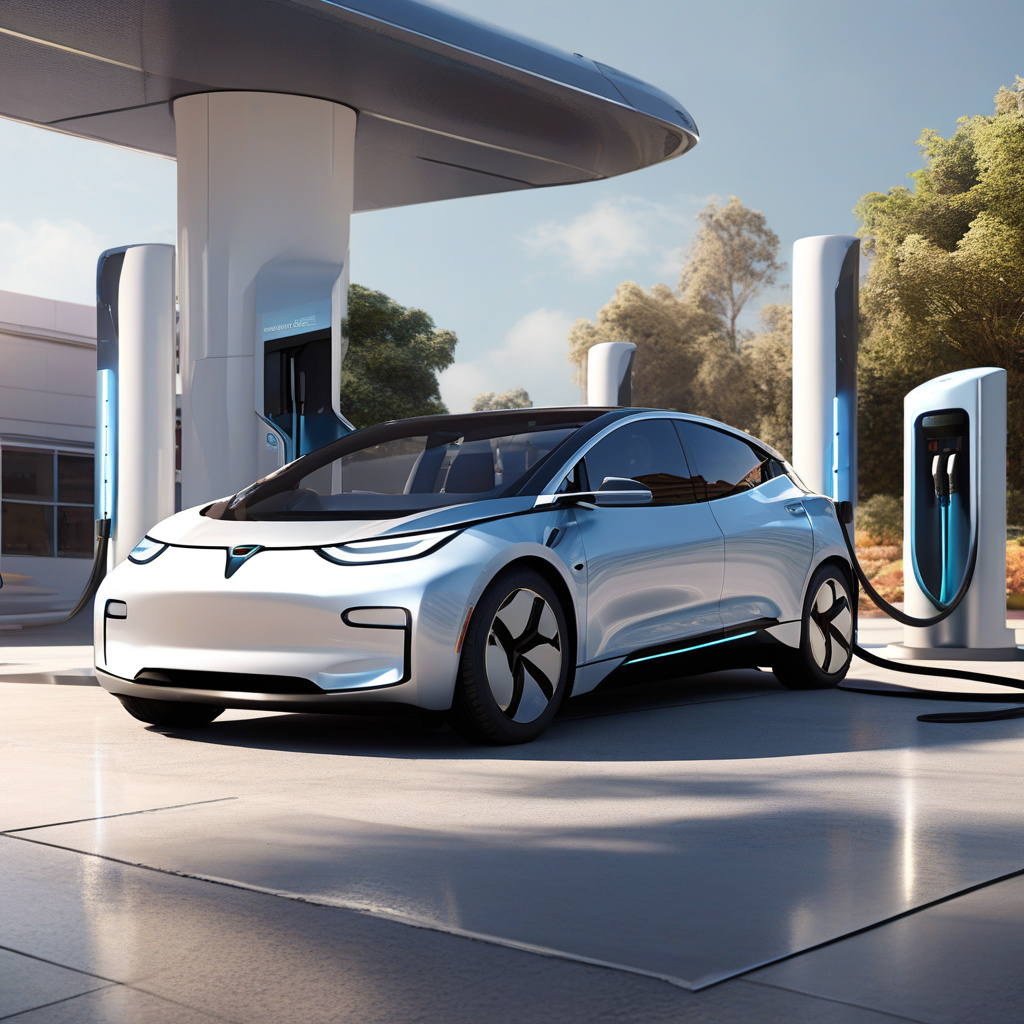Ultra-Fast Charging EVs: New Battery Anodes Deliver High Performance After 2500 Cycles
Scientists have developed high-performance anodes for lithium and sodium-ion batteries with an exceptionally high charging rate that could revolutionize the electric vehicle (EV) industry. The new battery anodes have been engineered to withstand over 2500 charging cycles without significant degradation in performance, offering a promising solution to one of the key limitations of current EV technology.
One of the major challenges facing the widespread adoption of EVs is the time it takes to recharge their batteries compared to refueling a conventional vehicle. With the development of these ultra-fast charging battery anodes, this barrier could soon become a thing of the past. The ability to charge an EV quickly and efficiently is crucial for mainstream acceptance, as it would eliminate range anxiety and make EVs a more convenient and practical choice for consumers.
The key to the high performance of these new battery anodes lies in their unique composition. By utilizing advanced materials and innovative design techniques, scientists have been able to significantly enhance the charging capabilities of lithium and sodium-ion batteries. This breakthrough has the potential to not only improve the driving range of EVs but also extend the lifespan of their batteries, making them more cost-effective and sustainable in the long run.
In addition to their exceptional charging rate, these new anodes also exhibit remarkable stability over thousands of charging cycles. This means that EV owners can enjoy consistent performance and reliability without having to worry about frequent battery replacements. By addressing the issue of battery degradation, this technology could further incentivize consumers to make the switch to electric vehicles, leading to a greener and more environmentally friendly transportation sector.
Furthermore, the implications of this innovation extend beyond the automotive industry. The high-performance battery anodes could also be applied to a wide range of electronic devices, renewable energy storage systems, and grid-scale batteries. By improving the efficiency and reliability of energy storage technologies, these advancements could help accelerate the global transition to a cleaner and more sustainable energy future.
As research in this field continues to progress, we can expect to see even more breakthroughs that will further enhance the performance of batteries and drive down the costs of EVs. Ultimately, the development of ultra-fast charging EVs powered by high-performance battery anodes represents a significant step forward in the ongoing electrification of the transportation sector.
In conclusion, the recent advancements in battery technology are paving the way for a new era of ultra-fast charging EVs that offer high performance and reliability. With the potential to revolutionize the automotive industry and beyond, these innovations are setting the stage for a more sustainable and energy-efficient future.
electric vehicles, battery technology, sustainable energy, innovation, environmental conservation












